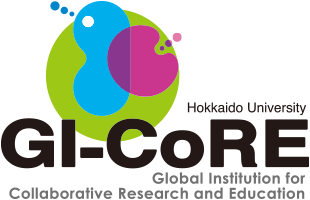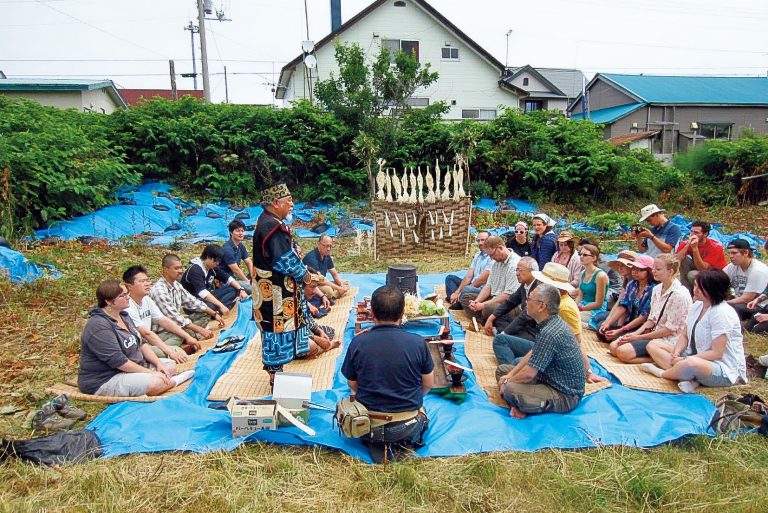
Purpose and Outline of GI-CoRE Implementation
The Global Institution for Collaborative Research and Education (GI-CoRE) was formed as a faculty organization under the direct control of the President that brings together world-class researchers from around the world to conduct collaborative research with our University faculties. Aims include the promotion and support of international collaborative research and education that leverages the University’s strength and distinctive features. Under the GI-CoRE system, research hub known as “Global Station (GS)” of each research field is implemented. GSs have their finite implementation period of five (5) years in principle to conduct intensive research and education activities. After the implementation period, the 6 GS projects were transitioned into the affiliated faculties and centers, and certified as “GI-CoRE Cooperating Hub” to further promote research and education activities in cooperation with GI-CoRE.
Global Station (1 hub)
Global Station for Indigenous Studies and Cultural Diversity (GSI)
The GSI was launched as an international research hub to solve the global and regional issues of Indigenous peoples and elucidate the nature of cultural diversity with Indigenous communities. The overseas institutions which are prospective to collaborate are as follows: University of Oxford, Uppsala University, Lund University, University of Helsinki, Moscow State University, Far Eastern Federal University, Irkutsk State University, Simon Fraser University, University of Alaska, University of Arizona, University of Oregon, National Taiwan University, Peking University, Australian National University, the University of Oslo and the University of Melbourne.
GI-CoRE Cooperating Hubs (6 hubs)
- Global Center for Biomedical Science and Engineering (Faculty of Medicine)
- Utilizing the development of the world’s first “molecular-tracking proton therapy system” and research achievements in biomedical science and engineering using molecular imaging, as well as collaboration with the unit from Stanford University, GCB aims to create innovations, nurture the next generation, and ultimately contributes to the world.
- Certification Period: From FY 2020 to FY 2024
- International Collaboration Unit (International Institute for Zoonosis Control)
- Forming a first-class research and education center for the control of zoonoses which focuses on providing research outcomes to society through the collaborative research of Hokkaido University’s International Institute for Zoonosis Control, the University of Melbourne, University College Dublin, and King Abdullah University of Science and Technology.
- Certification Period: From FY 2020 to FY 2024
- Global Center for Food, Land and Water Resources (Research Faculty of Agriculture)
- Building an international research hub that comprehensively deals with global food, land, and water resource issues, and through the collaborative research and education for the graduate program with overseas faculty members such as The University of Sydney, University of California, Davis (UC Davis), University of Wisconsin-Madison, Kasetsart University etc., we enhance human resource development for the next generation.
- Certification Period: From FY 2020 to FY 2024
- Soft Matter Collaborative Research Unit, Frontier Research Center for Advanced Material and Life Science (Faculty of Advanced Life Science)
- As an international hub for promoting soft matter research and education, we are collaborating with ESPCI Paris, Duke University, Cornell University, etc. to lead the world in soft matter basic research, innovative soft material development and medical applications.
- Certification Period: From FY 2021 to FY 2025
- Collaborative Center for Big data and IoT (Faculty of Information Science and Technology)
- Covering big data and IoT (Internet of Things), to promote international collaborative research with the University of Massachusetts Amherst and the University of Technology Sydney.
- Certification Period: From FY 2021 to FY 2025
- International Collaborative Research Unit (Arctic Research Center)
- Promoting interdisciplinary Arctic research to expand international research networks based on the natural sciences, engineering, humanities and social science, in close collaboration with the University of Alaska, North-Eastern Federal University, University of Oslo and Nord University, which have had remarkable academic achievements in Arctic research.
- Certification Period: From FY 2021 to FY 2025


